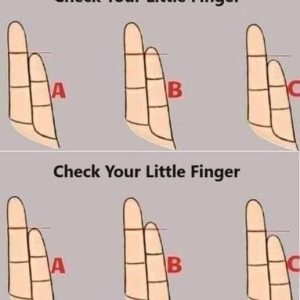Ross, a 49‑year‑old gas station clerk working the night shift after losing his factory job, led a life of quiet struggle—bills, children, a mortgage, under the hum of fluorescent lights. One evening, a weary woman named Emily entered, carrying her sleeping child and buying only essentials: milk, bread, diapers. When she came up four dollars short, Ross quietly covered the difference, telling her simply to “get home safe.”
A week later, Ross was startled by an envelope at his door. Inside was a $5,000 check and a note from Emily’s parents thanking him for that small act of kindness. They invited him to lunch, and during their meeting he learned Emily had been escaping an abusive relationship, too ashamed to ask for help. That modest gesture had preserved her dignity in a desperate moment.
During their lunch, Emily’s parents listened to Ross’s own struggles—job loss, finances, family pressures—and reminded him of how powerful simple kindness can be. The money enabled Ross to catch up on overdue bills, fix his car, and invest in his children’s needs. But the more lasting gift was a shift in perspective: Ross began looking for small opportunities to support others—listening, acknowledging, offering dignity—wherever he could.
Weeks later, a package arrived: a photograph of Emily and her son, smiling in their backyard, with a note of thanks. Ross still worked his night shift, but with new purpose. He realized that even gestures as small as four dollars can ripple outward, changing lives quietly but meaningfully.




